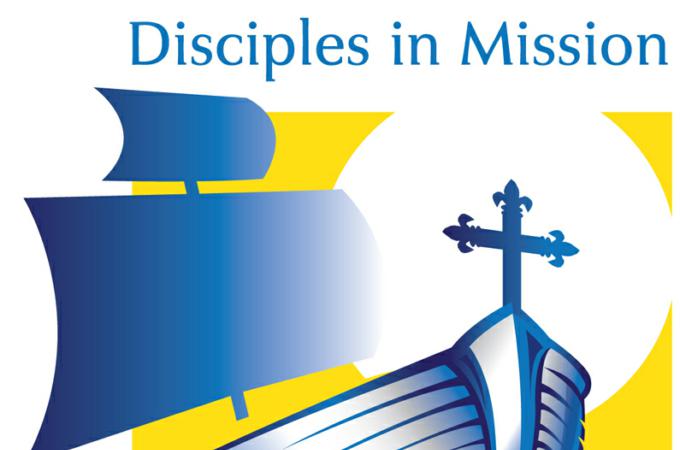What does Boston have that other dioceses want?
At just about the same time that Cardinal Seán called for the implementation of Disciples in Mission, Bishops in other dioceses around the country were looking at some of the same realities that we in the Archdiocese of Boston were facing. Almost every archdiocese and diocese finds themselves facing similar issues needing to be addressed. They are: declining numbers of vocations, declining number of professional lay ecclesial ministers, declining resources and aging properties and declining numbers of people in the pews.
To deal with these issues, bishops are moving in one of two directions. Some are choosing to close large numbers of parishes in their dioceses. Others are exploring ways to grow the Church through evangelization efforts while responding to these four primary causes of decline. Chicago and Baltimore are two dioceses that are following a similar path to Boston, having published multi-year pastoral plans. These plans have similar goals to Disciples in Mission, putting their focus on evangelization and the creation of structures similar to our collaborative model.
As you have read in previous Pilot articles, the goal of Disciples in Mission is to help make the parishes of the archdiocese strong, stable, effective and intentional centers of the new evangelization. When we first began implementing Disciples in Mission, questions arose about the feasibility and likelihood of being successful in the work of evangelization, especially while experiencing diminished resources. However, Cardinal Seán was confident that with the proper structures in place that could support the efforts that were being called for, we would be able to gradually grow the Church.
The structures that were created for Disciples in Mission have been two-fold. First, the creation of two strong teams of evangelization consultants and financial services consultants. Once those two teams were in place, then it became possible to assign regional consultants representing both the evangelization team and the financial services team. These teams now work hand-in-hand with each of the collaboratives in their specific region to facilitate and support their growth.
It was apparent to those from other dioceses who work in pastoral planning that this structure that did not exist and was obviously making a difference. They realized that if they were to be successful in helping their parishes succeed in their efforts at evangelization, creating something similar would be extremely helpful.
We could not have predicted the interest in this structure that has come from those outside the archdiocese. We have been contacted by the dioceses or archdioceses of Chicago; Syracuse; Baltimore; Pittsburgh; Orange; London, Ontario; Dublin, Ireland; and Sydney, Australia. All of these dioceses have been contacting the Archdiocese of Boston looking for information as to the steps we took to build these teams. Representatives have come from far and wide to see in person how these teams work with parishes. Others, unable to travel to Boston, have made conference calls to us because they see the wisdom of such teams and want to create something similar for themselves. The representatives of those dioceses have seen the materials that have been developed to assist the collaboratives and discussed possible ways they might adapt our work as they implement their own pastoral plans.
While it has taken us a few years to build these strong and committed teams, they are now seen as a tremendous resource to pastors and parishes especially when they begin writing their local pastoral plans. Each of the consultants is strong in their particular area of expertise, but they also are very mission focused and want to see the parishes and collaboratives succeed in their evangelization efforts. The various efforts that go into the implementation of Disciples in Mission are certainly not easy but with time are beginning to produce results. It is no wonder that bishops and directors of pastoral planning in other dioceses look to Boston. They see what we have and want it for the people of their dioceses.
- Sister Pat Boyle is associate director of the Archdiocese of Boston’s Office of Pastoral Planning.



















